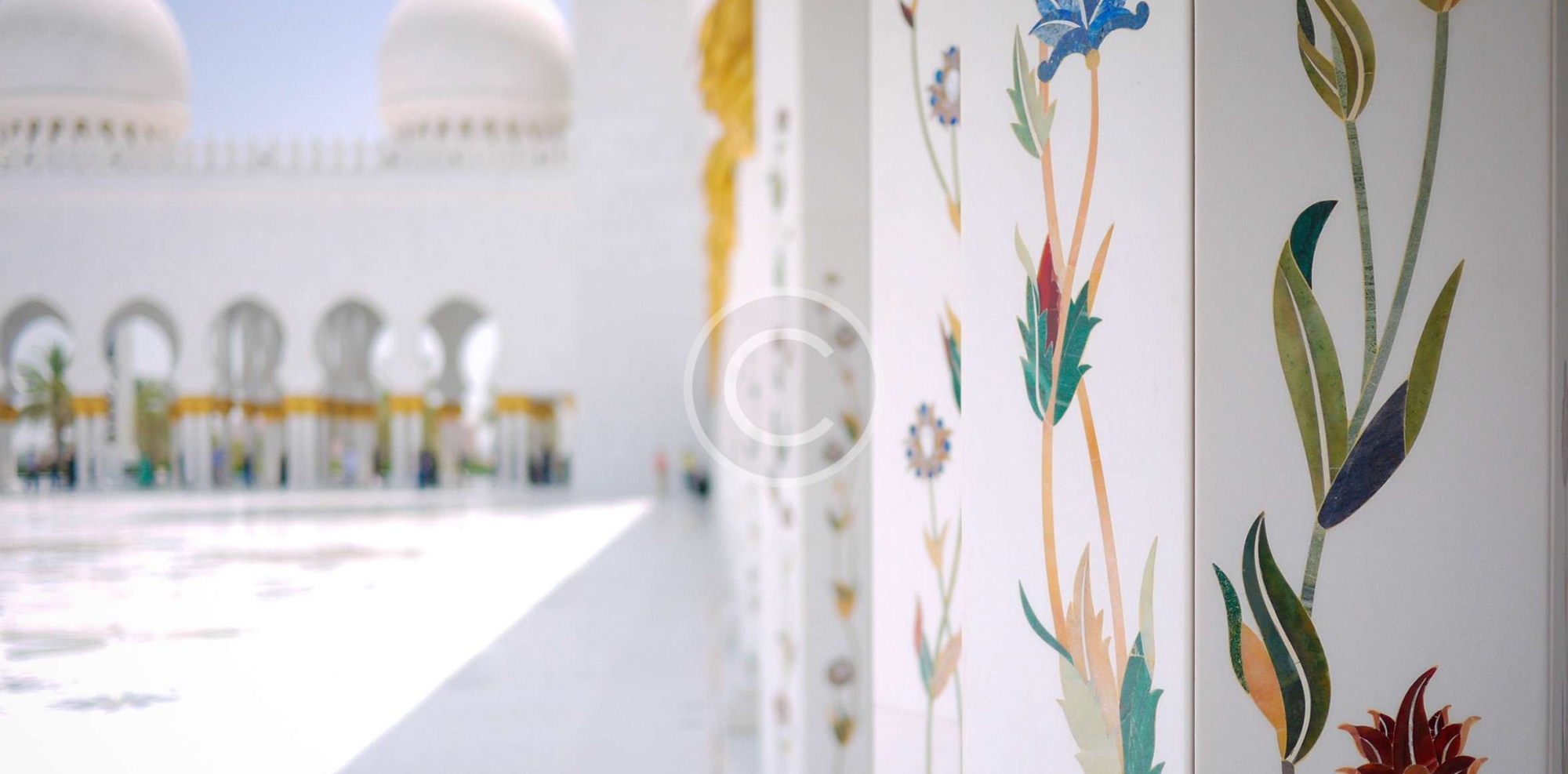
Islamic Divorce Ceremony
Divorce in Islam, known as Talaq, is permitted but viewed as a last resort after all attempts at reconciliation have been exhausted. It is a legal process through which the marital contract is dissolved, but it is also a serious spiritual and emotional matter, as marriage in Islam is considered a sacred bond. Allah says in the Qur’an, “And when you divorce women and they have fulfilled their term, either retain them according to acceptable terms or release them according to acceptable terms…” (Qur’an 2:231). This verse emphasizes that the divorce process should be handled with fairness, respect, and wisdom, ensuring that both parties are treated with dignity and that the rights of the wife and children are respected.
The process of divorce in Islam involves several stages and requires adherence to specific guidelines as outlined in the Qur’an and Sunnah. First, the husband must pronounce the Talaq (divorce) in front of witnesses, ensuring that the decision is clear and intentional. After the first pronouncement of Talaq, a waiting period known as Iddah begins, during which the wife must remain in the marital home (unless there are extenuating circumstances), and the couple may attempt to reconcile. Allah says, “Divorce is twice. Then, either keep [her] in an acceptable manner or release [her] with kindness.” (Qur’an 2:229). The Iddah period is also a time for reflection, prayer, and seeking guidance from Allah before finalizing the divorce.
In the case of the husband’s decision to divorce, he is required to provide the wife with a Mahr (dowry) if it was not already paid. Islam also stresses kindness and fairness, even during the divorce. The Prophet Muhammad (peace be upon him) said, “The most hated of lawful things to Allah is divorce.” (Sunan Abu Dawood 2176). This hadith highlights that divorce should only occur after all efforts to resolve the issues in the marriage have been tried. The decision to divorce should be accompanied by respect and consideration for the rights of both spouses, especially regarding financial and emotional matters.
Please note the following guidelines to help make your divorce process run smoothly:
- Consultation and Mediation: Before proceeding with the divorce, it is encouraged to seek advice from an Islamic scholar or mediator to explore all avenues of reconciliation. The Qur’an encourages attempts at mediation, saying, “If you fear a breach between the two, then appoint an arbitrator from his family and an arbitrator from her family…” (Qur’an 4:35).
- Witnesses: Ensure that the divorce is witnessed by two reliable, adult Muslim witnesses, as required by Islamic law.
- Clear Intention: The pronouncement of divorce must be made with clear intention, ensuring that the decision is not taken lightly. The husband must pronounce the divorce according to the guidelines laid out in the Qur’an and Sunnah.
- The Iddah Period: Respect the Iddah period, which is typically three menstrual cycles or three months, depending on the woman’s circumstances. During this time, the wife has the right to live in the marital home and is supported financially, unless otherwise agreed upon.
- Financial Support and Mahr: The husband must provide for the wife during the Iddah period and ensure she receives her mahr (dowry), unless there are agreed-upon exceptions.
- Kindness and Respect: Even during divorce, Islam teaches mutual respect. The Prophet (peace be upon him) advised kindness, saying, “Let him who divorces his wife, do so with kindness.” (Sunan Abu Dawood 2176).
- Documenting the Divorce: Once the divorce is final, it should be officially documented according to local laws to ensure clarity and legal protection for both parties.
By following these steps and adhering to Islamic principles, the divorce process can be handled with dignity, fairness, and respect for all parties involved. It is important to remember that Islam emphasizes that divorce should always be the last resort, and any effort to preserve the marriage should be made before considering such a decision.

